Community Profile: Dr Andrea Janku, Senior Lecturer in the History of China
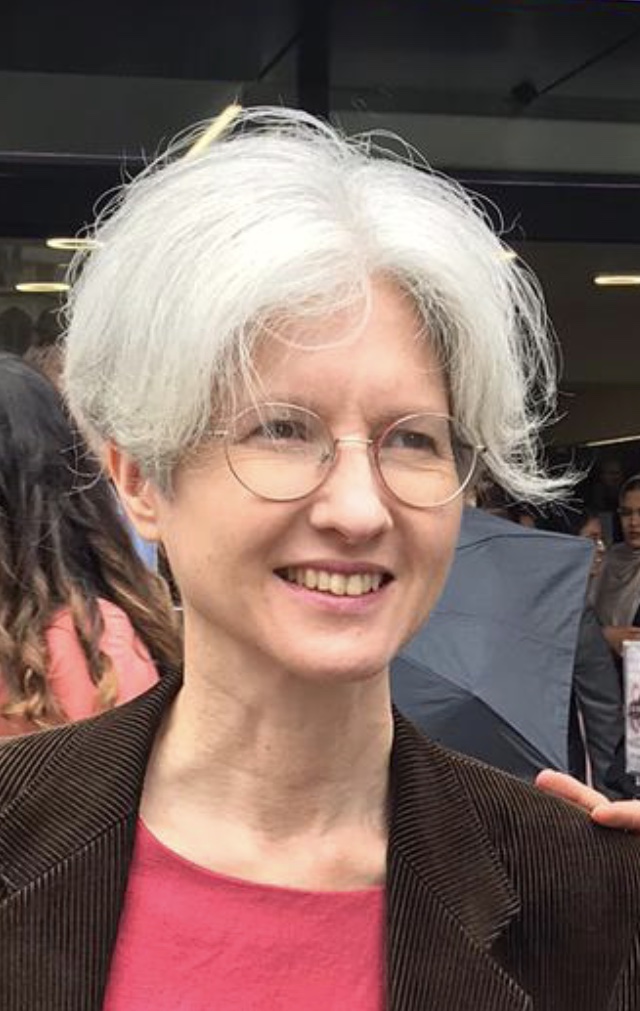
Andrea
Interviewed by Ellan A. Lincoln-Hyde
In our ‘Community Profile’ series we aim to highlight the individual journeys of SOAS students, academics and alumni interested in the broad and dynamic field of ‘history.’ Dr Andrea Janku, Senior Lecturer in the History of China of the School of History, Religions and Philosophies, is the instigator of the SOAS History Blog. With her guidance and support, the SOAS History Blog team has created this dynamic and evolving platform to showcase student, alumni and staff work, and we are delighted to have the chance to profile Andrea as part of our May 2021 launch collection. This interview is based on a conversation between myself and Andrea held in April 2021.
Andrea describes the beginning of her academic career as a journey of chance encounters, the most significant of these being the transition from a degree in Romance Languages and Literatures at the University of Heidelberg to a major in Classical Sinology and minors in Modern Sinology and Sociology at a time when the renowned late Rudolf G. Wagner had just accepted the chair in Sinology at Heidelberg. Andrea described being ‘absolutely fascinated’ by Classical Chinese and drawn into an environment that was brimming with energy and enthusiasm. This led to her acceptance of a scholarship to East China Normal University, Shanghai, to study Chinese for 18 months as part of her first degree at the University of Heidelberg, at a time when China slowly emerged from the sanctions imposed after the violent crackdown on the protest movement in 1989.
Back in Germany, the expansion of Heidelberg’s Sinological resources under Wagner’s guidance, which Andrea describes as ‘a dynamic growing time’, continued and ensured her position as a student assistant at the Library of the Institute of Sinology through to the completion of her Masters degree. Andrea’s doctoral research, an analysis of political debates in Shanghai’s 申報(Shenbao) in the late nineteenth century, was part of a larger project on the first modern Chinese-language newspapers in Western possession. This eventually became her first monograph, Nur leere Reden: Politischer Diskurs und die Shanghaier Presse im China des späten neunzehnten Jahrhunderts (Only empty talk: political discourse and the Shanghai press in late nineteenth century China), 2003. A subsequent project indexing Shenbao’s daily editorial section from the first issue published in 1872 to the end of the century led her to an entirely different area of research. Having reviewed the news cycles of three decades, Andrea came to notice the pattern of the daily editorial commentary, news reporting and even poetry on subjects such as flood, drought, and famine, and related social debate and activism, in particular during the years of the Great North China Famine of the late 1870s – a massive event in Chinese history with manifold ramifications, which did not exist in many standard history texts.
This was going to be her postdoc project that she pursued during her time as wissenschaftliche Assistentin (assistant professor) in Classical Sinology and added social and environmental history to her research agenda. The initiation to the history of disasters came with the German Historical Institute Washington’s 2004 conference, Natural Disasters and Cultural Strategies: Responses to Catastrophe in Global Perspective. Having published on newspaper comment and critique in German, English and Chinese for several years, Andrea’s work began to centre on the interaction of nature and humans in the Chinese context, as revealed through the narrative of late nineteenth- to early twentieth-century press and local Chinese histories, especially disaster experiences such as drought and famine.
Andrea began her association with SOAS in 2006 and has held her current position as Senior Lecturer in History at SOAS University of London since 2009. She has also held roles as the Convenor of MA History and MA Historical Research Methods, as Associate Dean (Research) of the Faculty of Arts and Humanities, as the Convenor of the BA in History, and as Acting Director of the SOAS China Institute. Andrea was previously a Board Member of the Association of East Asian Environmental History, and currently still holds positions as a Research Associate with the Institute of Chinese Studies, Heidelberg, as Senior Research Associate with the Centre of World Environmental History, University of Sussex, and Yunnan University’s Centre for the Environmental History of Southwest China.
Among Andrea’s most recent publications are an article on ‘Drought and Famine in Northwest China: A Late Victorian Tragedy?’ in the Journal of Chinese History and two book chapters on the ‘Eight Views of Linfen’ concerning landscape and identity and landscape and environmental change, a subject which has maintained her academic interest now for several years. Her substantial academic output also includes two edited books. Andrea’s current energies are being directed towards another book, this time on famine in China beyond the technical, managerial, or political. Andrea’s current interest pertains to the lived experience of disaster and the concept of ‘human dignity’ in crisis, as well as a new focus on gender history and the concept of systems of knowledge, or ‘knowability.’ In her upcoming research work, Andrea aims to ‘show the extent to which the stories historians tell are constructions to serve certain points of interest’ and explore the possibility to understand human experience in different times and places.
Given the ‘chance’ narrative of many of Andrea’s early research experiences, I asked her at which point she decided to be an academic. Her only comment: ‘At some point, I just realised that I am one.’
Andrea’s SOAS Profile
SOAS History Blog, Department of History, Religions and Philosophy, SOAS University of London
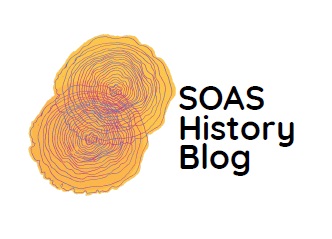

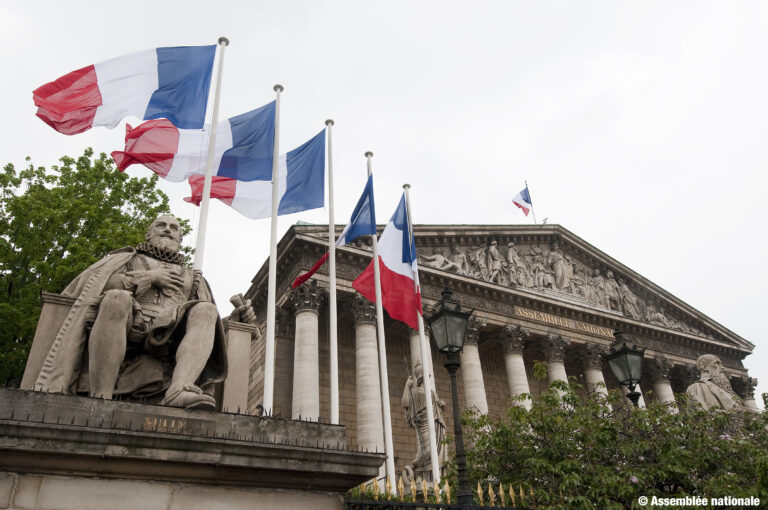
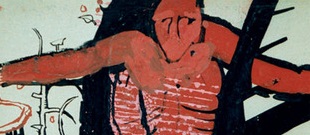
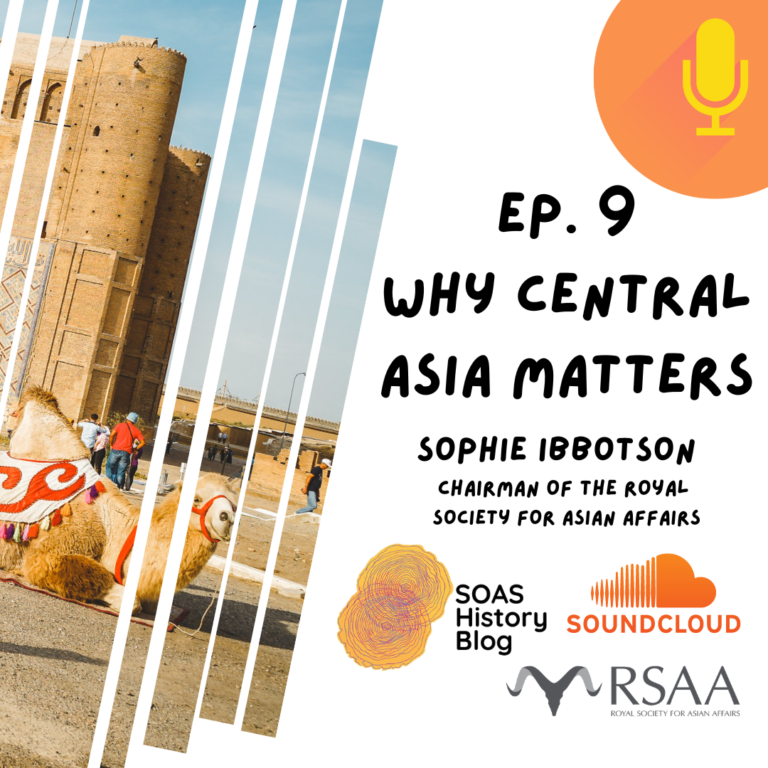
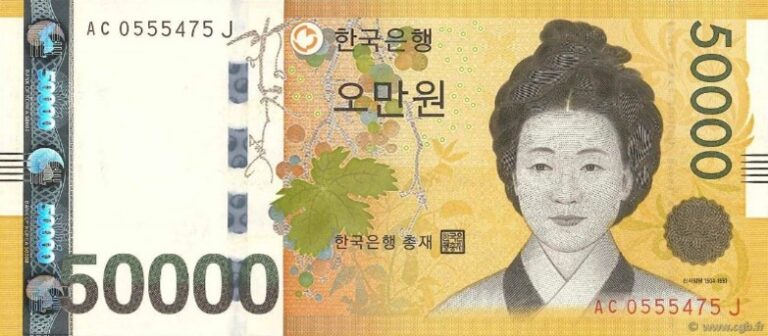
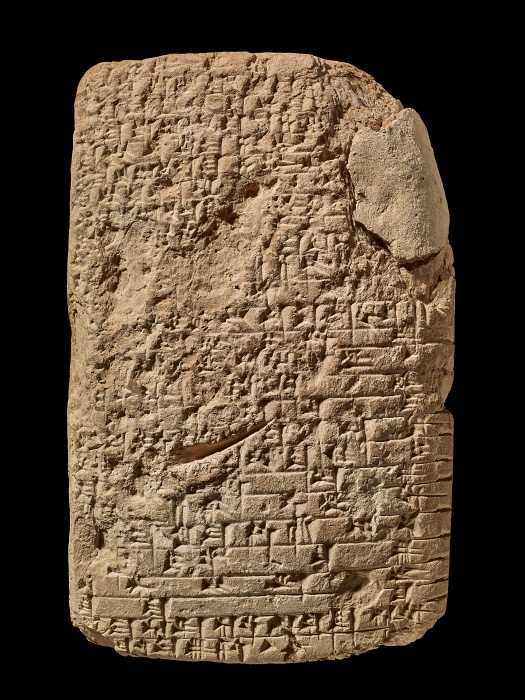
![SOAS History Blog Podcast 11: Poetic Knowledges and West African Histories [Live Recording Event]](https://blogs.soas.ac.uk/soashistoryblog/files/2023/08/Images-of-Africa.-Painting-Tadjo-768x549.jpg)